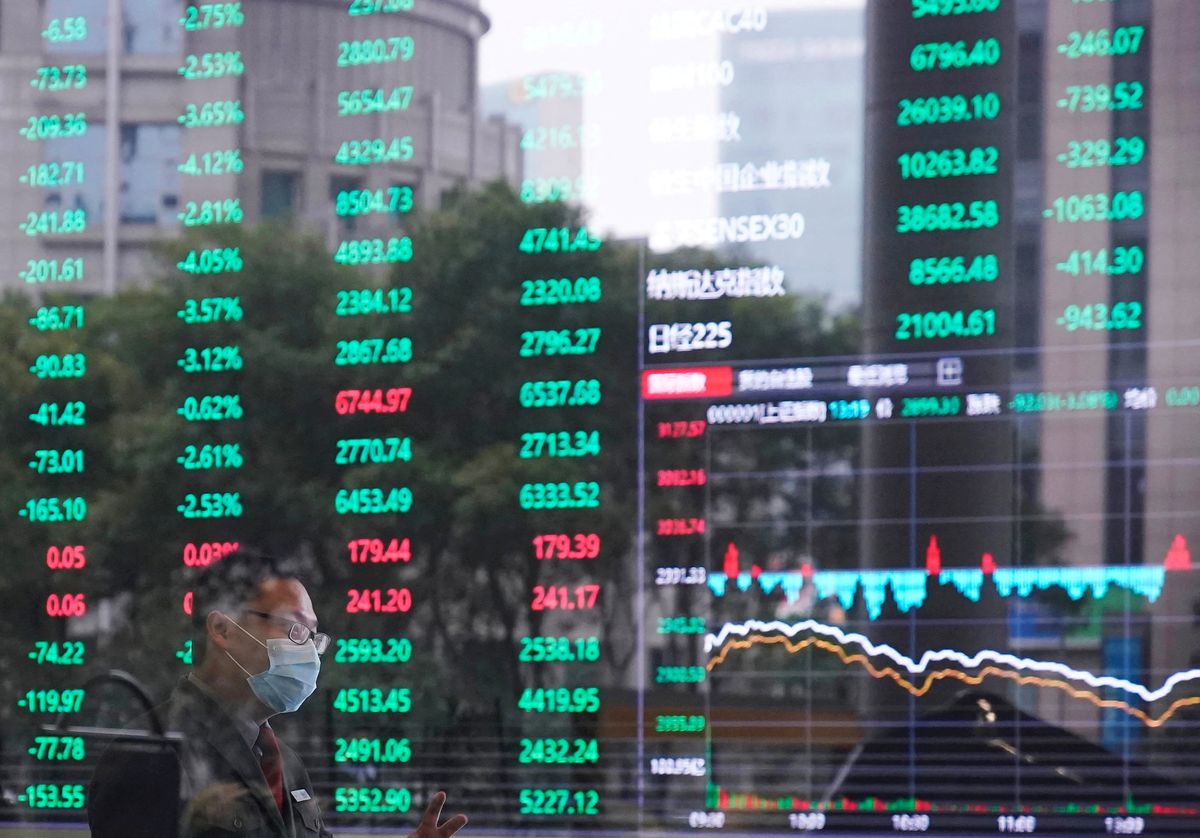What’s up with China’s new foreign IPO rules?
For decades, Chinese companies' overseas IPOs have been unregulated.

A few minutes every morning is all you need.
Stay up to date on the world's Headlines and Human Stories. It's fun, it's factual, it's fluff-free.
The backstory: For decades, Chinese companies' overseas initial public offerings (IPOs) have been unregulated. Back in 2021, China put a regulatory freeze on domestic firms when it came to these IPOs after data security concerns that also led to a tech regulatory crackdown around this time. As a result, China's listings in countries like the US dropped massively.
More recently: With China scrapping the zero-COVID policy and opening its economy back up, there's been more foreign interest in its assets. In December, China was already looking into creating new foreign IPO rules to get Chinese companies back in the game. The US and China also settled their audit conflict over Chinese listings on the US market. So, Chinese companies have been looking forward to getting listed again in major markets like New York.
The development: On Friday, China's securities watchdog published new rules regulating offshore IPO listings, melting the freeze. These new rules will come into play at the end of March. They're supposed to help companies figure out how to easily access foreign capital markets.
The new system will have the Chinese Securities Regulatory Commission (CSRC) audit these IPOs, meaning companies wanting to enter foreign markets have to register with the CSRC first. They also have to disclose personal data, work with national security measures, and sometimes conduct data security reviews before listing. The new rules also say that offshore listings shouldn't threaten Chinese interests. Anyone breaking these rules could be fined up to 10 million yuan (US$1.5 million).
Key comments:
"Offshore listing is a key component of China's capital markets opening," said the CSRC in a statement.
"As long as companies stay compliant with the regulations, their listings won't be affected no matter which market they choose," the CSRC said in a Q&A on its website. "The CSRC and related authorities will respect companies' independent choice and provide support."
"With clearer guidelines and less uncertainties, I believe Chinese companies are still inclined to list overseas ... geopolitical concerns notwithstanding," said Daniel Tu, founder of Active Creation Capital.
"It's clear that CSRC likes to send the message that it will carefully balance the overseas listing and domestic listing of Chinese companies going forward," said Winston Ma, an adjunct professor of NYU Law School and the author of "The Digital War - How China's Tech Power Shapes the Future of AI, Blockchain and Cyberspace."




Comments ()